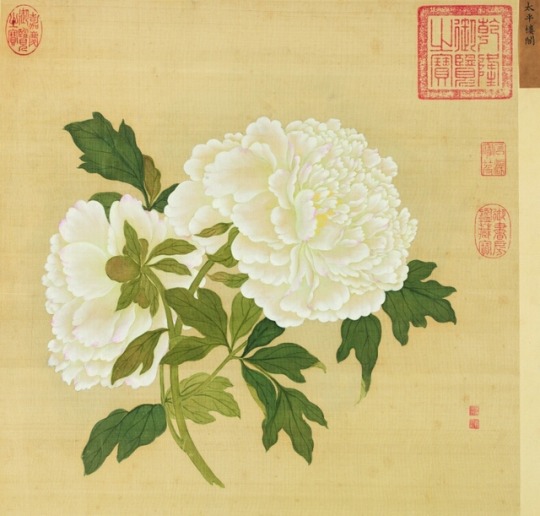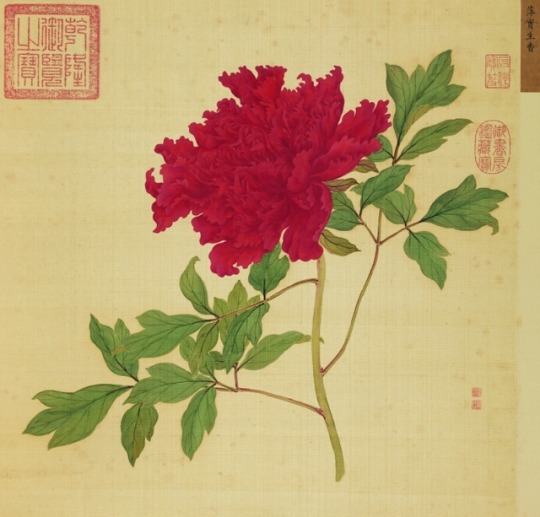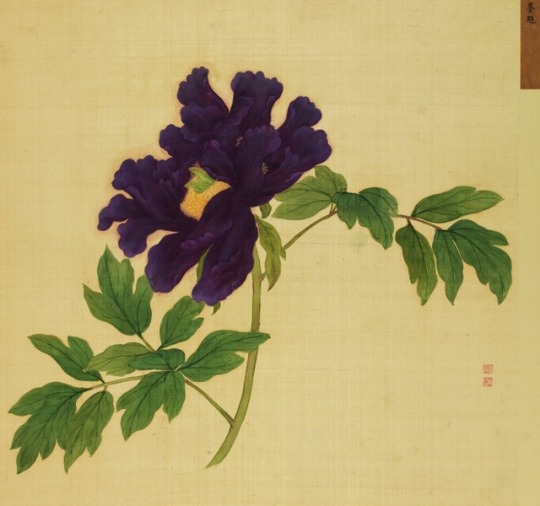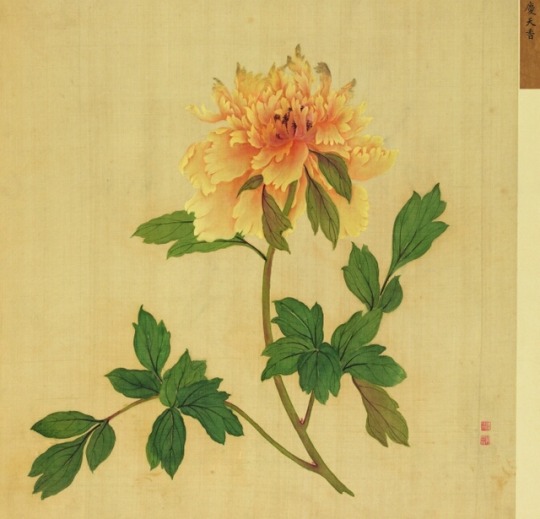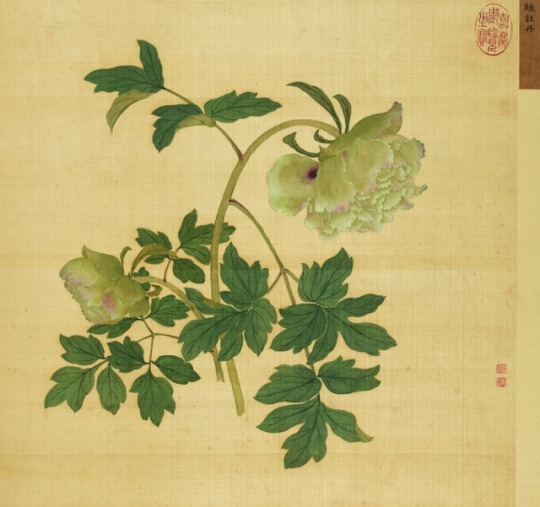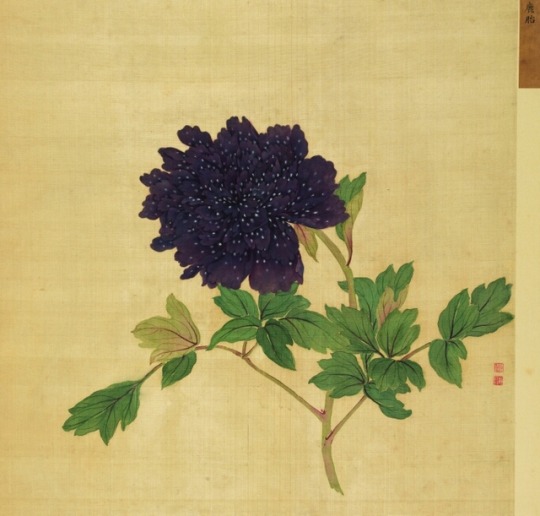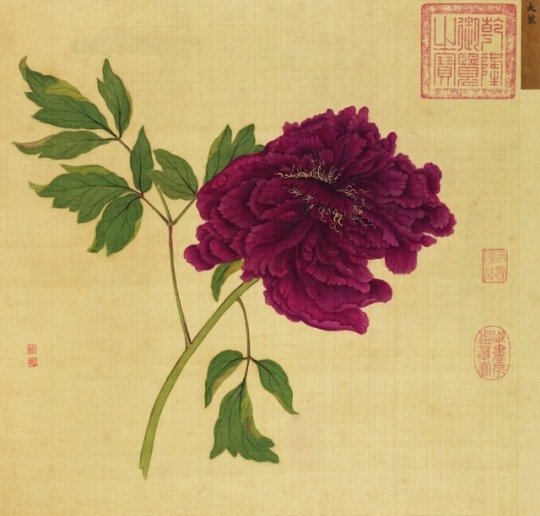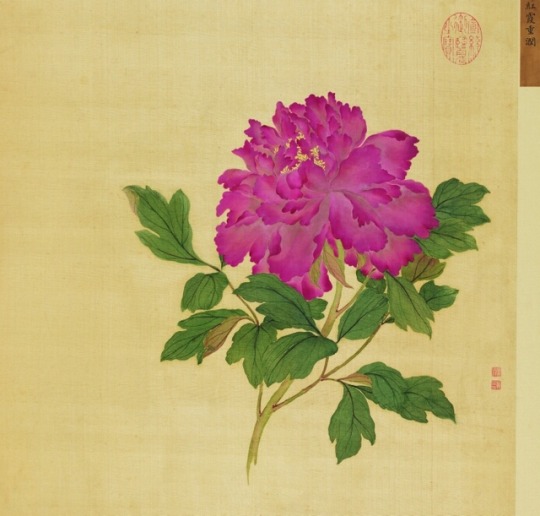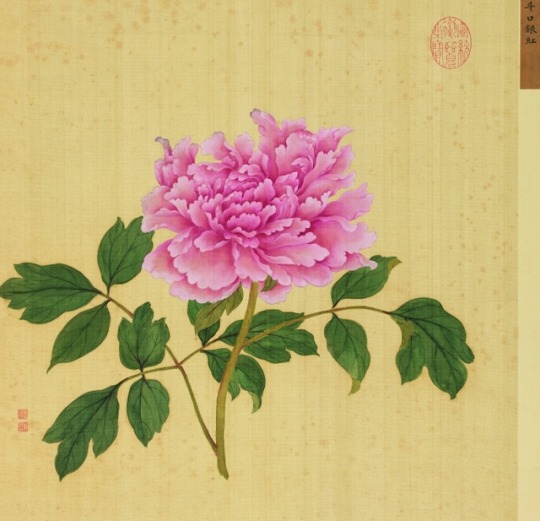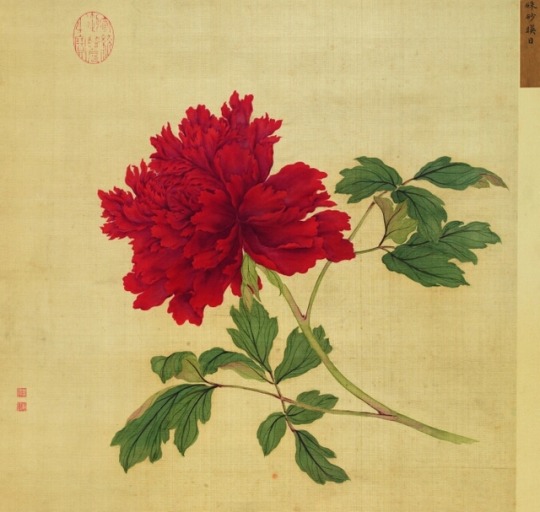Text
Podcasts
Knowledge:
Au coeur de l’histoire (history)
les chasseurs de nazis (nazi hunters)
france musique
on ne parle pas la bouche pleine (food + literature)
les chemins de la philosophie
le collège de france (advanced)
il était une fois (fairy tales)
la main verte (gardening)
la méthode scientifique
regardez voir (photography)
sur les épaules de darwin
very good trip (rock n roll)
chroniques du ciel (aviation)
la tête au carré (popularization)
les p’tits bateaux (pros answering children’s qs)
les grands musiciens (interview with a pro musician)
littérature moderne et contemporaine
Society:
Arte radio (politics, health, history, tech…)
slate (similarish to ted talks)
hashtag (debating very current problems)
quoi de meuf (women talking about pop culture)
affaires sensibles (trials)
les gentilshommes (relationships men/women)
bouddhisme et méditation
kiffe ta race (about racial problematics)
le flow (well being)
sois gentille dis merci fais un bisou (portraits of women)
les couilles sur la table (men talking to women)
miroir miroir (destroy social norms)
du grain à moudre (debating sensible questions)
coucou le q (casual sex ed)
change ma vie (about personal growth)
la poudre (powerful women’s interviews)
nice to hear you (talks with creators, ceos, artists and nice humans)
mortel (to reconcile you with death and mortality)
la menstruelle (periods)
Movies + tech:
La cartouche (gaming)
la chronique ciné
studio 404 (tech)
geek inc (nerd chatter)
nouveau monde (innovations)
2h de perdues (shitty movies)
silence on joue (gaming)
radio rôliste (role playing, mmorpg)
nociné (pop culture/movies)
season one (to discover new shows)

5K notes
·
View notes
Text
Conjugating with Honorifics
In previous lessons we learned to conjugate verbs and adjectives in past, present and future form (you can check it here; also made another post about ways of talking to people according to politeness levels here), and as we remember those words are hardly ever used in speech, and are more often used when writing a book, a test, an article or your diary.
In this lesson we will learn the basic conjugations that are more commonly used in speech.
Honorifics
In Korean, depending on you are speaking to, you must use different conjugations of the same work, since they imply respect and politeness to the person you’re talking to.
The level of respect depends on that person’s age and/or seniority in relation to yours. In Korea you must always use a higher respect form when speaking to somebody older or in a higher position than you.
All these conjugations with different honorific endings have the same meaning and only change to one or the other depending on the person listening to you.
The honorific levels (to call them in some way) are:
1. Informal Low Respect: used when talking to:
your friends.
people you are close to.
people younger than you.
family.
2. Informalhigh respect or plain form: used in most of the situations, even in formal situations in your general life. This is the way most people speak when they try to show respect to the other person.
3. Formal high respect: used when addressing people who deserve a lot of respect from you, 예: a boss, president, an very old person (even into your own family.
Before starting with the conjugations remember from previous lessons that when adding something to a word stem…
if the last vowel is ㅏ or ㅗ then you gotta add 아 to it plus whatever you’re adding.
if the last vowel is anything but ㅏor ㅗ, then you gotta add 어 plus whatever you are adding
if the last syllable is 하 you gotta add 하여, which can be shorten to 해
if the stem ends in a vowel, ~았다/었다 gets merged to the actual stem when it’s conjugated in the past tense
We make this review cause 2 of the new conjugations will need the addition of ~아/어.
If ~아/어 is added to a stem that ends in a vowel, it will be merged with the stem itself, 예:
가다 (to go) + 아/어 = 가 (가 + 아)
오다 (to come) + 아/어 = 와 (오 + 아)
배우다 (to learn) + 아/어 = 배워 (배우 + 어)
끼다 (to be covered with) + 아/어 = 껴 (끼 + 어)
나서다 (to come out) + 아/어 = 나서 (나서 + 어)
켜다 (to light / to turn on) + 아/어 = 켜 (켜 + 어)
하다 (to do) + 아/어 = 해 (하 + 어)
If the stem ends in a consonant, ~아/어 is attached to the stem but it doesn’t merge with it, 예:
먹다 (to eat) + 아/어 = 먹어 (먹 + 어)
앉다 (to sit down) + 아/어 + 앉아 (앉 + 아)
Conjugating Verbs
1. Present Tense
To the ones learned in a previos lesson, this time we will learn 3 more conjugations in the presen tense.
1) Informal low respect: all you need to do is to add ~아/어/여 to the stem of the word, 예:
나는 항상 저녁에 음식을 먹어 (I always eat food in the evening) → 먹다 + 어
나는 나의 선생님을 항상 봐 (I always see my teacher) → 보다 + 아
나는 항상 아침에 운동해 (I always exercise in the morning) → 운동하다 + 여
나 is the informal form of 저 to say “I” and “me”. It’s always used in informal situations, along with the informal conjugation of the whole sentence.
In the case of 항상 (always) you can see that is placed in 2 different places of the sentences, that’s cause adverbs are placed wherever the speaker desires.
2) Informal high respect: it’s the same than the informal low respect but add 요 at the end of the word, in that way you will make it more respectful. 예:
저는 항상 저녁에 음식을 먹어요 (I always eat food in the evening)
저는 저의 선생님을 항상 봐요(I always see my teacher)
저는 항상 아침에 운동해요 (I always exercise in the morning)
3) Formal high respect: you need to add ~ㅂ습니다/습니다 to the end of the word stem. ~ㅂ습니다 if it ends with a vowel; ~습니다 if it ends with a consonant. 예:
저는 항상 저녁에 음식을 먹습니다 (I always eat food in the evening)
저는 저의 선생님을 항상 봅니다(I always see my teacher)
저는 항상 아침에 운동합니다 (I always exercise in the morning)
2. Past Tense
Let’s add 3 more conjugations to the one we already learned.
1) Informal low respect: instead of adding 었다/았다/였다 to the stem, remove the 다 and add 어 after 었/았/였. 예:
나는 먹었어 (I ate) → 먹다 + 었어
나는 들어봤어 (I listened) → 들어보다 + 았어
나는 운동했어 (I exercised) → 운동하다 + 였어
2) Informal high respect: just add 요 to the end of the informal low respect conjugations. 예:
저는 먹었어요 (I ate)
저는 들어봤어요 (I listened)
저는 운동했어요 (I exercised)
3) Formal high respect: after adding 었/았/였 just write 습니다. 예:
저는 먹었습니다 (I ate)
저는 들어봤습니다 (I listened)
저는 운동했습니다 (I exercised)
3. Future tense
3 more conjugations!
1) Informal low respect: instead of adding 겠다 as we learned, remove the 다 and change it for 어 after the 겠. 예:
나는 먹겠어 (I will eat) → 먹다 + 겠어
나는 배우겠어 (I will learn) → 배우다 + 겠어
2) Informal high respect: add 요 to the end of the informal low respect conjugations. 예:
저는 먹겠어요 (I will eat)
저는 배우겠어요 (I will learn)
3) Formal high respect: after 겠 add 습니다. 예:
저는 먹겠습니다 (I will eat)
저는 배우겠습니다 (I will learn)
And not some examples with different verbs in all the conjugations we’ve learned:

Conjugating Adjectives
They are conjugated in the same exact way than verbs when using these 3 honorific endings. Here some examples:
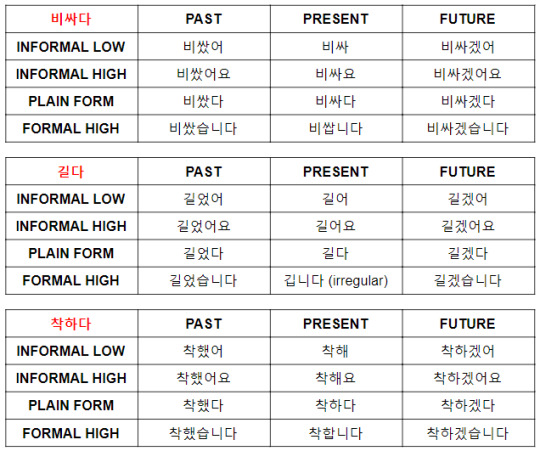
source: HowToStudyKorean
Happy learning!
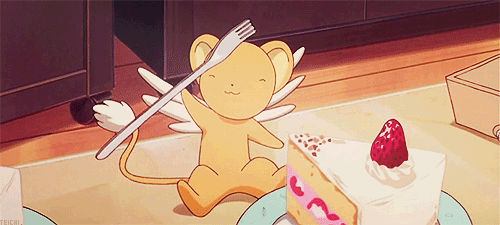
254 notes
·
View notes
Text




The fear in his face when he is being ticked is to die for!
888 notes
·
View notes
Video
238 notes
·
View notes
